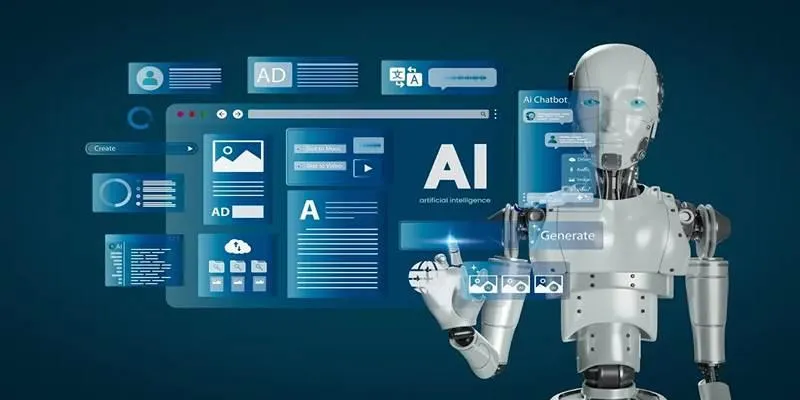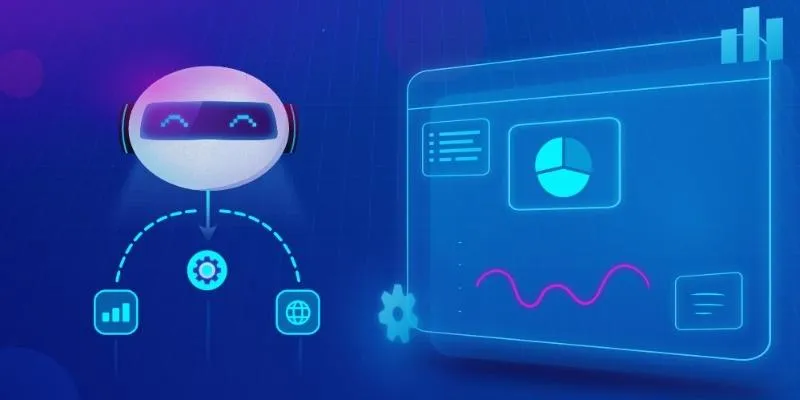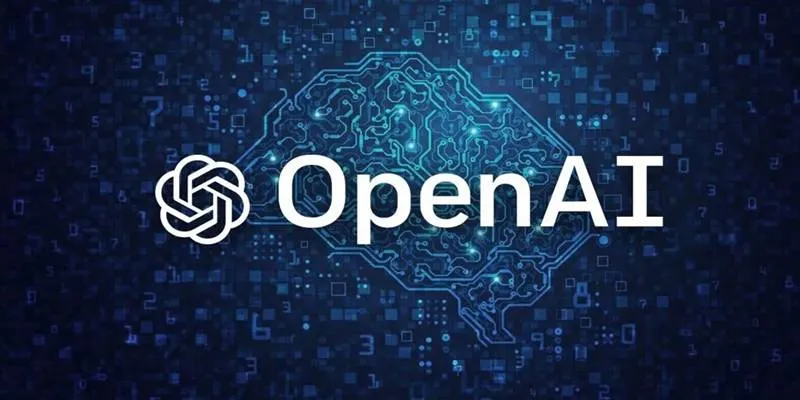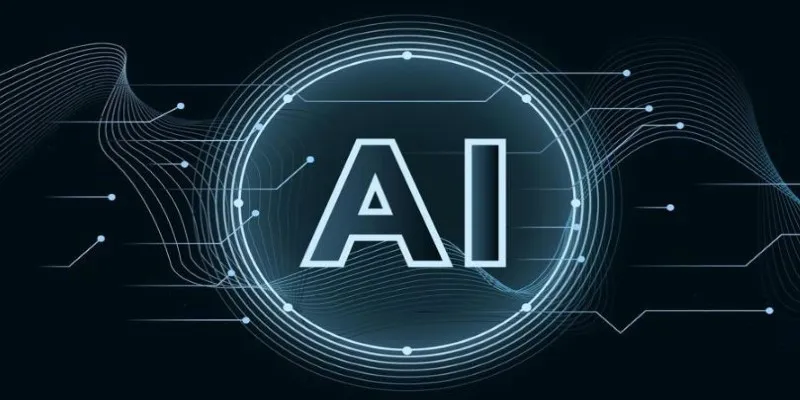In recent years, artificial intelligence (AI) has significantly advanced, particularly in enhancing human-computer interactions. The evolution of robotic technologies exemplifies this transformation. Initially, AI agents were simple bots designed to respond to pre-written messages. Today, we have strategic AI agents that understand, learn, and act, revolutionizing business operations. This post explores the journey from early robots to today’s advanced AI-powered systems and why this evolution is crucial.
The First Generation: Rule-Based Chatbots
In the early 2000s, chatbots were developed to fulfill basic customer service roles. These rule-based bots could only respond to specific phrases or keywords. Their capabilities were limited to addressing frequently asked questions, such as store hours, return policies, or account information. Unable to comprehend user intent or context, these systems functioned within a narrow scope, often leaving users frustrated when inputs deviated from expected patterns.
Features of Rule-Based Chatbots:
- Operated on “if-this-then-that” logic
- Predefined scripts and decision trees
- Did not learn from user interactions
- Limited to specific, predictable tasks
Despite being useful at the time, these chatbots lacked intelligence. They provided a quicker way to get answers without human interaction but lacked flexibility and adaptability.
The Shift Toward Conversational AI

As technology progressed, a new generation of tools emerged, known as conversational AI. These systems utilized Natural Language Processing (NLP) and Machine Learning (ML) to understand and generate human-like responses.
Unlike their rule-based predecessors, conversational AI tools could interpret user intent, understand sentence structure, and manage short conversations across various topics. They also improved over time by learning from each interaction.
Key Advancements:
- Enhanced understanding of natural language
- Ability to handle more complex queries
- Context retention within conversations
- Integration with voice assistants and messaging apps
Tools like Siri, Google Assistant, and Alexa have become popular examples of this technology. In business, platforms such as Zendesk, Intercom, and Drift introduced AI-powered chat systems capable of answering, routing, and even closing support tickets without human intervention.
The Modern Era: Strategic AI Agents
The latest development in this evolution is the rise of strategic AI agents. These systems surpass mere conversation and act as digital workers capable of reasoning, planning, and taking meaningful actions based on user behavior, goals, or real-time data.
Strategic AI agents are often trained on massive datasets and can operate across multiple business functions, including marketing, finance, logistics, and customer service. They do more than assist—they execute.
Strategic Capabilities of AI Agents:
- Understand long-term goals and objectives
- Automate multi-step tasks
- Extract insights from structured and unstructured data
- Offer real-time, personalized decision-making
- Connect seamlessly with multiple tools and systems
These agents can adapt to individual users, learn preferences over time, and optimize performance without requiring manual updates.
Why Businesses Are Embracing AI Agents
Companies are increasingly investing in AI agents because they offer more than just customer support. These agents are designed to enhance business performance by combining automation with decision-making.
Benefits for Organizations:
- Efficiency : Reduces time spent on manual or repetitive tasks
- Scalability : Manages high volumes without increasing staff
- Cost Savings : Lowers support and operations costs
- Data Utilization : Extracts insights from large datasets
- Personalization : Offers tailored experiences to each customer
Industries such as healthcare, banking, logistics, and retail are adopting AI agents to streamline operations and enhance service delivery.
Use Cases Across Different Industries
Strategic AI agents are not confined to a single sector. They are being applied across industries in practical ways.
Retail and E-Commerce
Retailers use AI agents for product recommendations, shopping assistance, and inventory tracking automation.
Healthcare
Hospitals employ AI agents to schedule appointments, answer patient inquiries, and assist in diagnosis by analyzing symptoms and reports.
Human Resources
HR departments utilize AI agents to screen resumes, schedule interviews, and guide new employees through onboarding processes.
Finance
In finance, AI agents detect fraud, analyze spending habits, and provide investment advice based on user behavior. Each use case demonstrates varying levels of impact—from basic automation to complex strategic support.
The Role of Generative AI in Strategic Agents

Generative AI, such as ChatGPT and other large language models, plays a significant role in shaping next-gen AI agents. These tools go beyond answering queries—they generate original content , including emails, summaries, marketing copy, and even code.
This creative capability empowers AI agents to:
- Compose personalized communications
- Write reports or proposals
- Create engaging content for social media or websites
- Interpret and summarize data
By combining creativity with automation, businesses can significantly boost productivity and reduce time-to-value.
Challenges in Deploying Strategic AI Agents
Despite their advantages, deploying AI agents presents challenges:
- Data Bias : AI decisions depend on the fairness of the training data
- Security Concerns : AI agents often access sensitive information
- Integration Complexity : Integrating AI into legacy systems can be challenging
- Dependence on Accuracy : Errors can have serious consequences in critical sectors
Organizations must approach AI adoption with a strong focus on ethics, thorough testing, and continuous monitoring.
Conclusion
The evolution from simple chatbots to strategic AI agents illustrates the rapid advancement of artificial intelligence in business environments. While early bots were limited to basic interactions, modern AI agents understand context, make decisions, and automate complex tasks. This transformation helps companies improve efficiency, reduce costs, and enhance customer experiences. By integrating with various systems, these agents serve as intelligent digital collaborators rather than mere support tools. Their ability to learn and adapt makes them invaluable across diverse industries.
 zfn9
zfn9






















